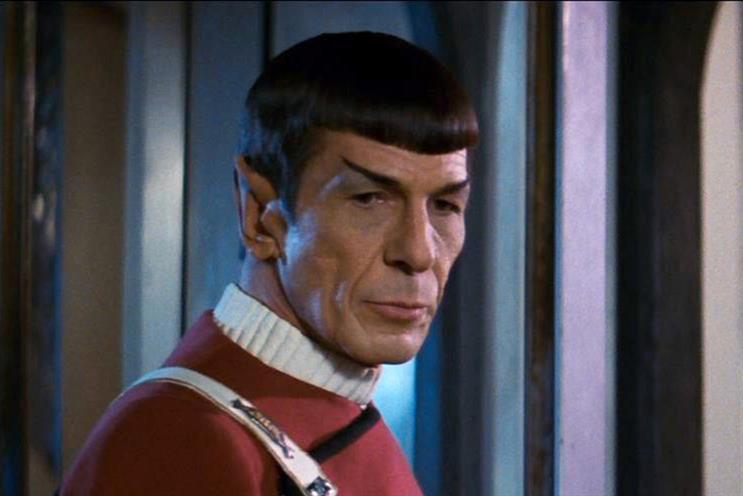Brand-building versus sales activations marketing is the hot topic for businesses right now.
In one corner, simple, evocative communications building long-term preference such as brand advertising. And, in the other, marketing designed for people who are likely to buy very soon, such as a sales promotion, a fact-laden piece of direct marketing or a pay-per-click ad. Most of us accept that it’s a killer combo of both that drives sales and that, according to Les Binet and Peter Field, there should be no scrimping on the brand side.
Nonetheless, brand marketing can be hard to defend in the boardroom, couched in terms that hold little truck with chief financial officers and chief executives.
Image. Awareness.
Even "consideration" can wrongly imply the effect of brand marketing ceases when a product has reached a customer’s longlist, at which moment the real business of selling begins.
Exactly how, then, do brand communications generate cold, hard cash?
At this point, we might refer to Daniel Kahneman’s "system 1" and "system 2" analysis of the brain. But, unfortunately, most of us can never quite remember which is which, let alone exactly how it applies to marketing.
So, to help, I offer a new metaphor, based loosely on a Star Trek episode I can distantly recall about Mr Spock and some space hippies.
Spock is logical and unemotional. He also has pointy Vulcan ears, but these are less relevant for this metaphor.
The hippies, on the other hand, are free-flowing, associative and completely uncynical. They wear their hearts on their sleeves. All you need is love, brother.
Mr Spock and the space hippies were, as you can imagine, chalk and cheese, forced into an uneasy alliance.
So, anyway, my metaphor divides the brain into two. The Spock Brain. And the hippy brain.
Getting emotional
So, how does this apply to marketing?
The model for sales activations is pretty simple. You reveal some killer USP or a chance to go to Disneyland. This kind of communication speaks directly to Spock. Fact-based. Logical. Detailed. There was not much in Star Trek about how Spock shopped, but he would surely have loved the indisputable logic of a BOGOF.
However, we also have another brain – the hippy brain. Appealing to the hippy brain with brand-building communications generates sales too… but in a different way. This is a more involved story, but in essence there are four simple points.
First off, the hippy brain is associative and just goes with the flow. If your lemonade is the one most associated with being "thirst-quenching" – the one that springs to mind when someone is thirsty – then it’s the brand most likely to be bought under these circumstances. It’s as simple as that. It requires the least effort to buy because it’s front of mind; also people are biased to believe the first thing thought of is the best (the primacy effect).
The hippy doesn’t get hung up on whether it is credible that your lemonade is thirst-quenching or whether it is more thirst-quenching than others. Wonderfully, we don’t need to win over the demanding and cynical Spock. We just need to create a visceral association that's better than other brands' and watch the money roll in.
Second, the hippy brain is always on, alive to the world around it, open to everything. This is where 95% of thinking takes place. Byron Sharp talks about reaching all of your target audience as often as possible to grow sales; and aiming at this brain gives you the opportunity to do just that. This is in contrast to the Spock brain, which focuses solely on the matter in hand. The Spock brain is only open for business for about 5% of your thinking… and it certainly doesn’t spend this precious 5% thinking about which brand of almost-identical crisps to buy. That would not be logical, captain.
Third, whereas the Spock brain is neat and tidy, and tends to boot out information once used to make space for the next thing on the to-do list, the hippy brain is in it for the long haul. Memories built in the hippy brain build long-term rather than temporary neural connections. So while activation influences short-term sales, but not long-term ones, brand communications influence sales in the short and long term.
Fourth, the hippy brain is actually the boss when it comes to what to buy. The power behind the throne. In other words, even when we think we're making perfectly well-reasoned decisions, it is often just a post-rationalisation of the decisions that our hippy brain has already made.
So, to finish our analogy, we should remember that, for most of Star Trek, Spock was not the captain; pure logic could only get him so far. We should bear this in mind when we think about how our customers make us money.
Matt Willifer is outgoing chief strategy officer at Engine


